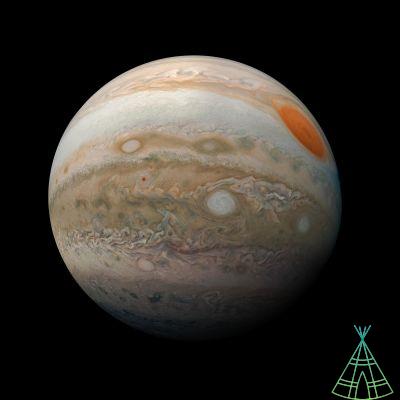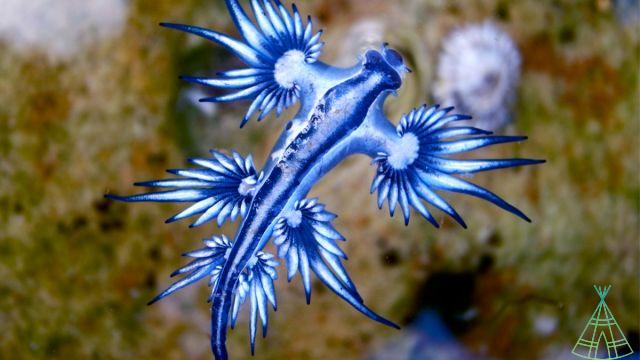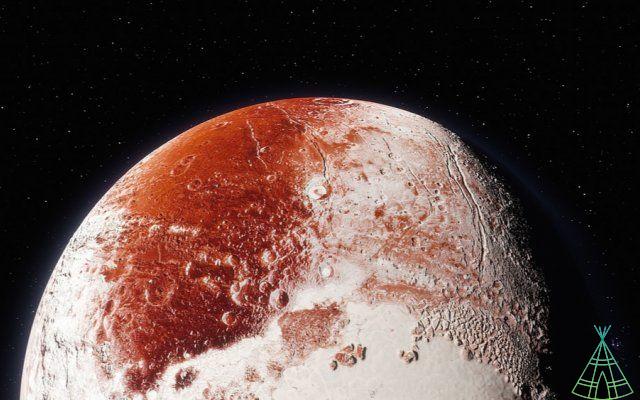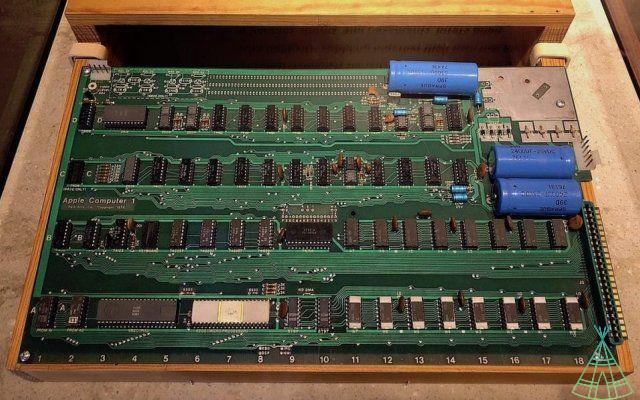Scientists at the University of Illinois Chicago (UIC), in the United States, pointed out that the human brain does not die completely as we imagine. According to research, "zombie" cells develop to the point of creating a kind of tentacles after death.
I know, it sounds bizarre, but it's science! The death we know comes from human beliefs, many of which point to a new life outside the physical way. However, the life that scientists discovered has nothing to do with this, it is just another novelty of the human body, more specifically of an organ that is still very little known.
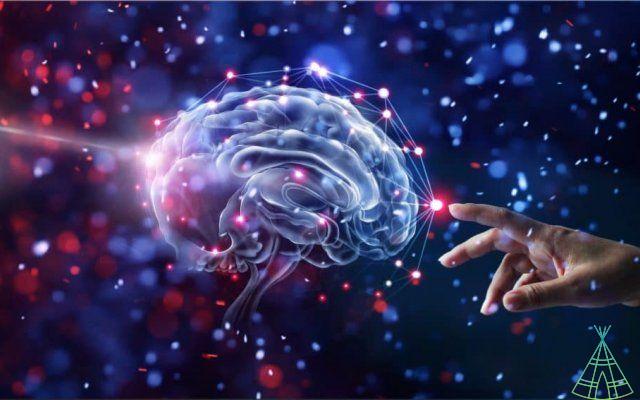
The research was done when the UIC team simulated a post-mortem environment in brain tissue taken from routine surgery. Analyzing the genetic expression of the tissue, it can be noticed that the glial cells, a specific type of cell that is part of our nervous system, grew in absurd proportions. The team also noticed that this cell took approximately 12 hours after death to reach its maximum size, and that in this scenario, it had developed tentacles that look like "arms".
See more!
- Why did the human brain grow and differentiate us from monkeys?
- For the first time, images show how the brain learns
- New maps reveal unprecedented details about brain nutrition
Jeffrey Loeb, author of the study and head of neurology at the UIC School of Medicine, said that glial cells expanding after death did not surprise scientists, but that the implications of the discovery were important.
The team responsible for the research published in the journal Scientific Reports reported that from now on scientists need to think about genetic and cellular alterations when carrying out post-mortem studies in the brain. And, the recent discovery, it is possible to have an idea of which genes and cell types in the brain degrade, remain stable, or even continue to develop. For the UIC team, the study opens the door for investigations by neuroscientists.
Have you watched our new videos on YouTube? Subscribe to our channel!











